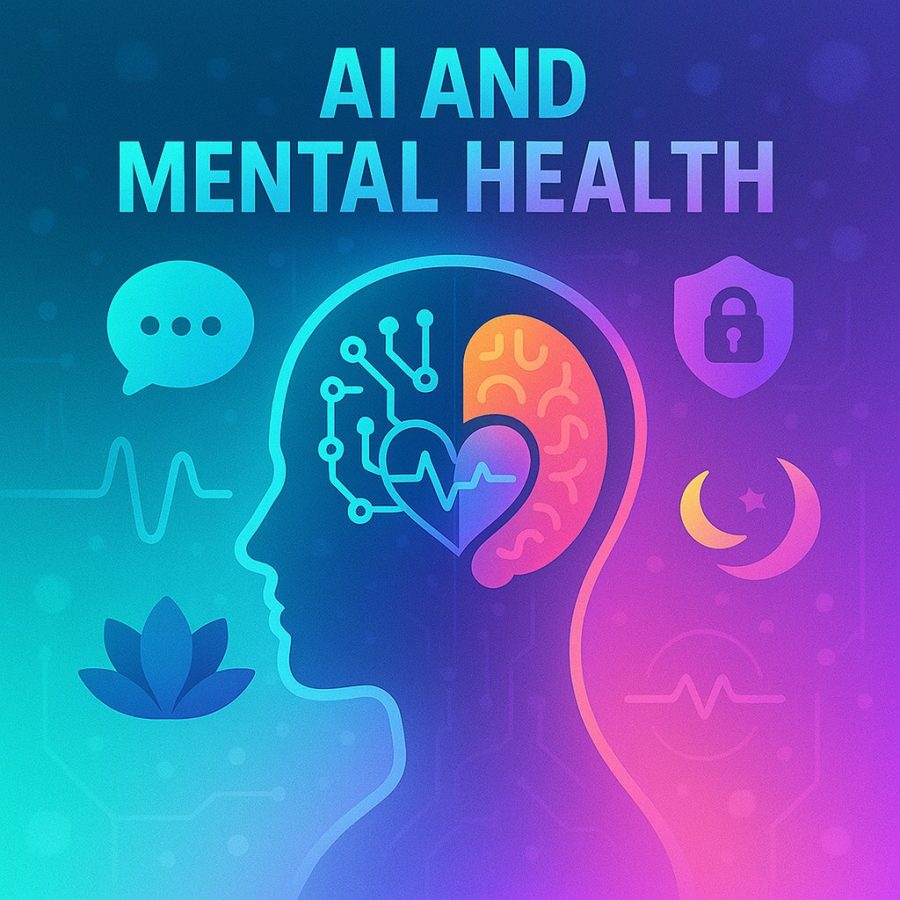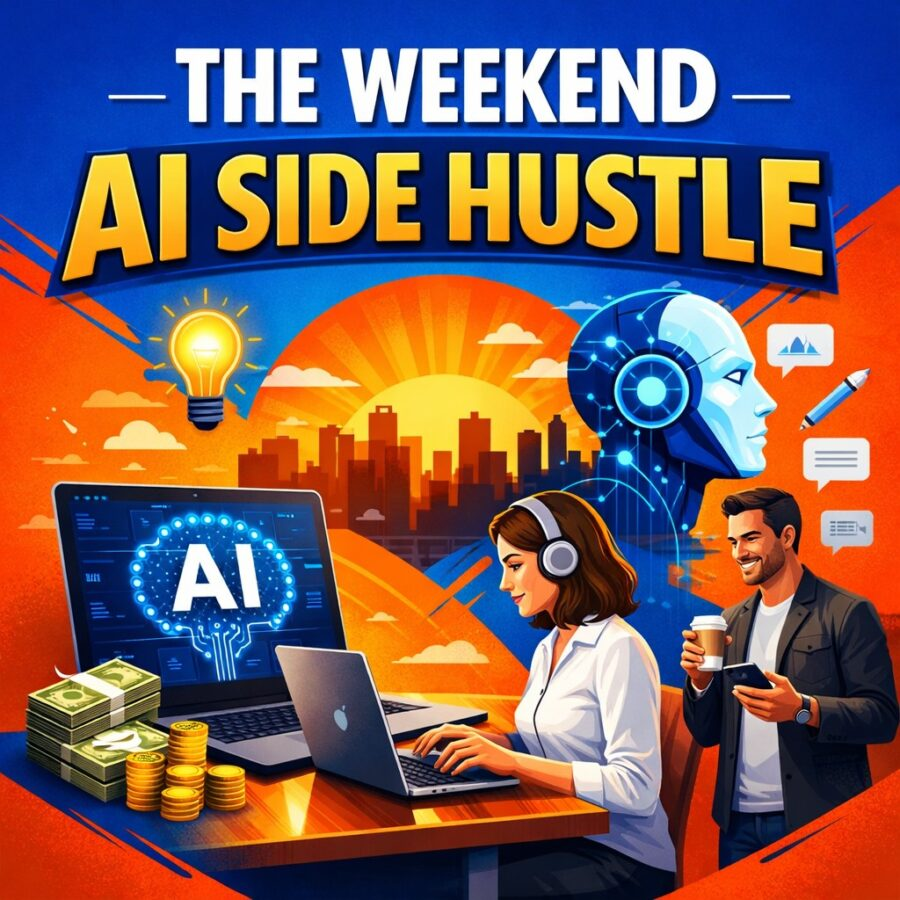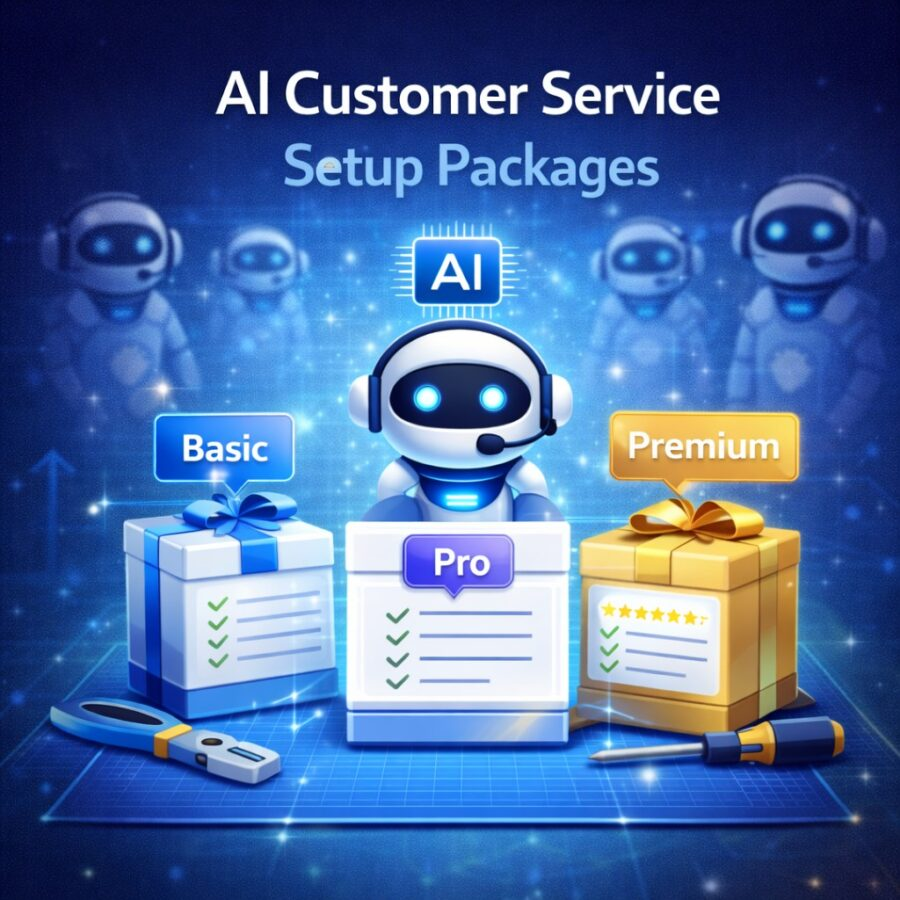Views: 0
Mental health has become one of the most pressing conversations of our time. From rising stress levels in the workplace to the loneliness epidemic spreading across age groups, more people are searching for support than ever before. Yet therapists are in short supply, costs are high, and waitlists are long. Enter artificial intelligence.
This article, AI and Mental Health: Can Bots Be Your Therapist?, dives into how chatbots, virtual assistants, and AI-driven platforms are stepping into the wellness space as companions, coaches, and sometimes even as substitutes for human therapists.
At 5,000 words, we will explore the technology behind these tools, the psychology of their effectiveness, their limitations, and their potential role in the future of therapy. We will also cover real-world examples of apps already being used, ethical challenges, and how AI companions are reshaping the way people talk about mental health.
Why Mental Health Needs a Digital Boost
The global demand for mental health services far outweighs supply. In some countries, patients wait months for an appointment. Even in resource-rich areas, therapy can cost hundreds of dollars per session. For those without insurance or with busy schedules, traditional therapy feels out of reach.
AI steps in as a scalable, affordable option. Bots can offer support 24/7, do not charge per hour, and never run out of patience.
This accessibility is what makes AI and Mental Health: Can Bots Be Your Therapist? more than a speculative question it is an urgent one.
The Technology Behind AI Therapy
AI companions in mental health rely on several key technologies:
- Natural Language Processing (NLP): Enables bots to understand and respond in human-like ways.
- Sentiment Analysis: Detects tone, emotion, and stress levels in text or speech.
- Cognitive Behavioral Frameworks: Many bots are programmed with principles from CBT, offering structured responses to negative thoughts.
- Adaptive Learning: Bots learn user patterns and tailor support accordingly.
Together, these features create experiences that feel conversational, supportive, and at times, surprisingly human.
How AI Mental Health Tools Work
Chat-Based Companions
These bots engage in text-based conversations, offering comfort, distraction, or structured coping strategies.
Guided Journaling
Some apps prompt users with reflective questions, helping them process emotions.
Crisis Support
While not a replacement for emergency services, bots can recognize high-risk language and direct users to hotlines or professionals.
Progress Tracking
AI logs patterns in mood and behavior, offering insights over time that can be shared with human therapists.
The goal is not to replace therapists entirely, but to offer scalable support between sessions or when professional care is not available.
Popular Platforms in AI Mental Health
- Woebot: Uses CBT techniques to guide users through reframing negative thoughts.
- Wysa: A chatbot with evidence-based exercises for anxiety and depression.
- Youper: Blends AI with mindfulness prompts and mood tracking.
- Replika: While not strictly a therapy tool, many use it as an emotional support companion.
- Ginger and Talkspace AI Assistants: Integrate AI-driven chat support with professional therapy networks.
Each platform demonstrates different answers to AI and Mental Health: Can Bots Be Your Therapist? Some lean on structured psychology, while others focus on companionship.
The Benefits of AI in Mental Health
- Accessibility: Bots are available anytime, anywhere.
- Affordability: Many services are free or low-cost compared to traditional therapy.
- Anonymity: Users feel safe opening up without fear of judgment.
- Scalability: Millions can use these tools simultaneously, something impossible for human therapists.
- Data Insights: AI can track emotional patterns over weeks or months with precision.
For many, AI companions provide a safe first step into therapy or an ongoing supplement.
The Limitations of AI Therapy
Despite its promise, AI therapy has real constraints:
- Lack of True Empathy: Bots simulate understanding but do not actually feel.
- Complex Cases: Severe trauma, psychosis, or crises require human professionals.
- Risk of Overreliance: Some users may avoid seeking real help, relying too heavily on bots.
- Privacy Concerns: Sensitive conversations may be stored or misused.
These limits highlight that bots can be part of the solution, but not the entire solution.
Can Bots Really Replace Therapists?
The heart of AI and Mental Health: Can Bots Be Your Therapist? is this question.
The answer is layered:
- Bots can provide consistent, structured, and immediate support.
- They cannot replicate the nuance, empathy, and creativity of a trained human therapist.
- The most realistic role for AI is as a complement, filling in gaps, providing daily support, and extending the reach of professionals.
In short: bots can be your coach, your diary, and your reminder. But they cannot replace a therapist’s human connection.
The Psychology of Talking to Bots
Interestingly, research shows that people often disclose more to AI than to humans. The anonymity and lack of judgment make it easier to confess fears, insecurities, or embarrassing thoughts. This psychological effect boosts the effectiveness of bots, even when users know they are not talking to a person.
It turns out the feeling of being heard is sometimes more important than who or what is doing the listening.
Ethical Challenges
The rise of AI in mental health brings thorny issues:
- Data Ownership: Who controls the sensitive information shared with bots?
- Transparency: Should users always know they are talking to an AI?
- Bias: Algorithms trained on narrow datasets may fail to support diverse populations.
- Commercialization: Some fear companies could exploit vulnerable users by upselling services.
Addressing these challenges is critical if AI mental health tools are to remain trustworthy.
Real Stories of AI Companions
- A college student in India uses Wysa to manage anxiety during exams, calling it a “lifeline at midnight.”
- A senior in Canada says Woebot helps her feel less isolated since she cannot afford weekly therapy.
- An American veteran reports using Replika for emotional support when adjusting to civilian life.
These stories show that AI companions are not replacing therapists but meeting unmet needs.
The Role of Human Therapists in an AI World
Far from becoming obsolete, therapists gain new tools from AI. Bots can collect pre-session data, track progress, and provide daily reinforcement of therapeutic strategies. This frees human therapists to focus on deep, complex work.
AI is not the rival of therapists, it is their assistant, extending their reach.
The Future of AI and Mental Health
Expect innovations to continue:
- Emotion Recognition: AI that reads facial expressions and voice tones with precision.
- Immersive Therapy: VR combined with AI for exposure therapy and mindfulness.
- Hybrid Care: Seamless integration of bots with human therapists.
- Preventative Health: Bots spotting early signs of depression or anxiety before they escalate.
The next frontier is not whether AI can be a therapist but how it can become a core part of mental health ecosystems.
Pros and Cons of AI Mental Health Bots
| Pros | Cons |
| 24/7 availability | Cannot replace deep empathy |
| Affordable or free | Limited for complex trauma |
| Encourages disclosure | Risk of overreliance |
| Tracks emotional trends | Privacy and data concerns |
| Scalable globally | May reinforce bias |
Conclusion
So, AI and Mental Health: Can Bots Be Your Therapist? The answer is: not entirely. Bots cannot replicate the warmth, empathy, and insight of human professionals. But they can provide critical support sometimes when it is needed most.
AI companions are filling a massive gap in accessibility, giving millions a place to turn when human help is unavailable or unaffordable. They act as coaches, confidants, and guides, supporting users on their mental health journeys.
The challenge is ensuring these tools are ethical, transparent, and used as complements rather than replacements. If done right, the future of mental health may not be a choice between human or AI, but a collaboration between both.
AI bots will never put therapists out of work, but they just might ensure more people get the support they need when they need it. And in a world grappling with stress, isolation, and anxiety, that is a breakthrough worth celebrating.






